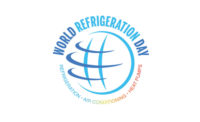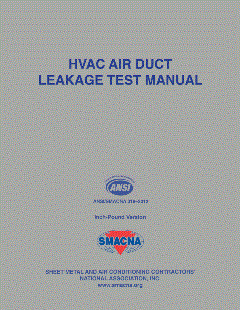World Refrigeration Day is an international initiative that raises awareness of cooling’s benefits and inspires development and adoption of innovative and sustainable cooling solutions by the public, governments, industry, and practitioners for the wellbeing of future generations. It is celebrated on June 26, which is the birthdate of the Scottish scientist William Thomson, known as Lord Kelvin, who formulated the first and second laws of thermodynamics.
To celebrate World Refrigeration Day this year, United Nations Environment Program OzonAction, Chefs4thePlanet, and Global Food Cold Chain Council are partnering to explain cooling’s essential role in protecting human health and the planet. The Cooling Keeps Food Fresh campaign will describe why cooling is necessary for food safety and how it supports nutritious diets that sustain our health, help reduce food loss and waste, and protect the environment.
Leading chefs from around the world have signed on to the campaign. They will describe how cooling is necessary for their locally inspired cuisine. The chef’s recipes will be accompanied by tips educating consumers on the cooling choices they can make in their home to save money, prolong the life of products, and understand how food waste and loss contribute to climate change.
Bacteria exist everywhere in nature. They are in the soil, air, water, and in the foods we eat. In favorable temperatures, they grow rapidly, increasing in numbers to the point where some types of bacteria found in food can cause illness. Bacteria grow most rapidly in the range of temperatures between 40° and 140°F, the “danger zone,” some doubling in number in as little as 20 minutes. But the cooling provided by refrigerators in homes, restaurants, and supermarkets slows bacterial growth, thereby keeping food safe.
The contributions of cooling to our health and the environment extend much further, however. Freezing allows fruits and vegetables to be picked at peak ripeness, often frozen within hours, locking in nutrients and flavor. And cooling reduces one of the largest contributors to climate change, the emission of greenhouse gases from food that is lost due to spoilage and waste. Reducing food loss would both feed greater numbers of undernourished people and advance climate protection. In addition, the wise selection and operation of cooling technology contributes significantly to protection of ozone layer and climate change combat.
“Cooling matters. And keeping food safe is one example of that,” said Steve Gill, founder of World Refrigeration Day. “Cooling is at the very heart of modern life. And the importance of cooling to the global food chain and sustaining human life on our planet cannot be overestimated.”
Cooling’s significance is sometimes taken for granted by governments, end users, and the public. “Cooling makes so many important contributions to our society, with direct connections to lives, livelihoods, health, nutrition and environmental protection. Besides its main purpose of keeping food fresh and safe to eat, a refrigerator can also be an agent of change to help solve environmental challenges such as preserving Earth’s ozone layer, fighting climate change, and promoting energy efficiency,” said Jim Curlin of UNEP’s OzonAction Law Division. “The Cooling Keeps Food Fresh campaign seeks to motivate the public to learn about the myriad benefits of cooling.”
According to the United Nations Food and Agriculture Organization, the contribution of food waste emissions to global warming is almost equivalent to global road transport emissions. If it were a country, food waste would be the third largest emitting country in the world. “Industry can facilitate the reduction of food waste and its negative environmental impact by promoting greater access to food preservation technology and promoting the development and utilization of cost-effective, energy-efficient equipment with reduced environmental impact,” said Juergen Goeller, co-chair of the Global Food Cold Chain Council and director of regulatory affairs for Carrier Refrigeration. “A sustainable food cold chain will be an economic, social and environmental net-positive.”









